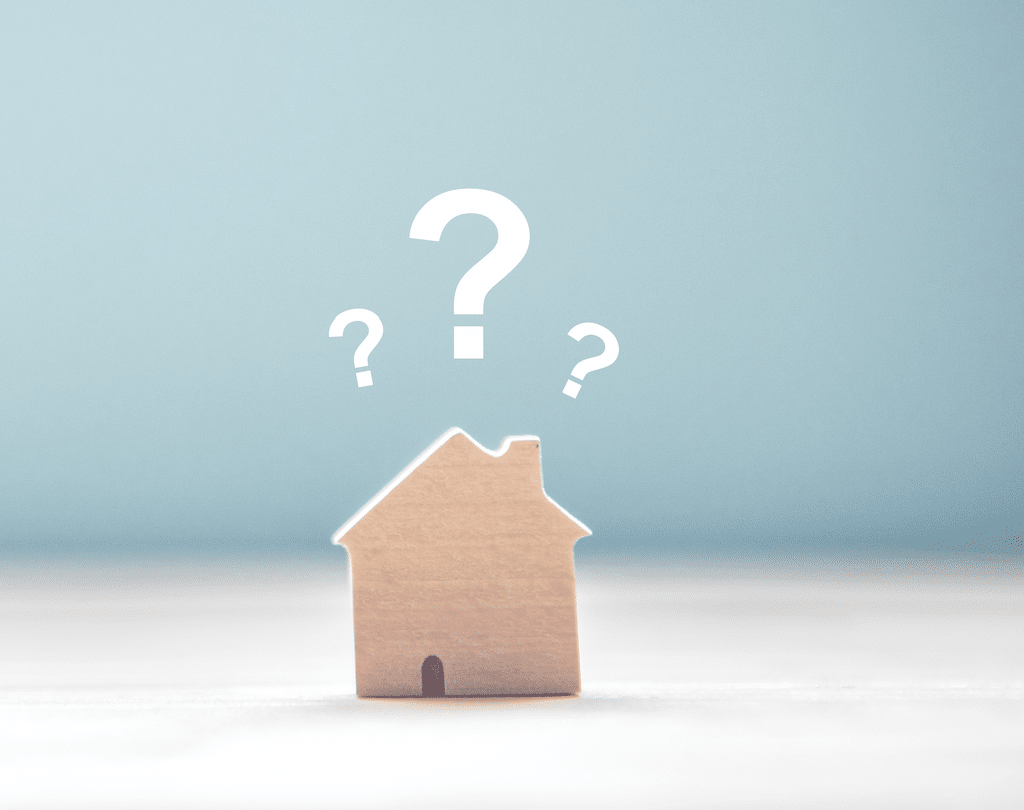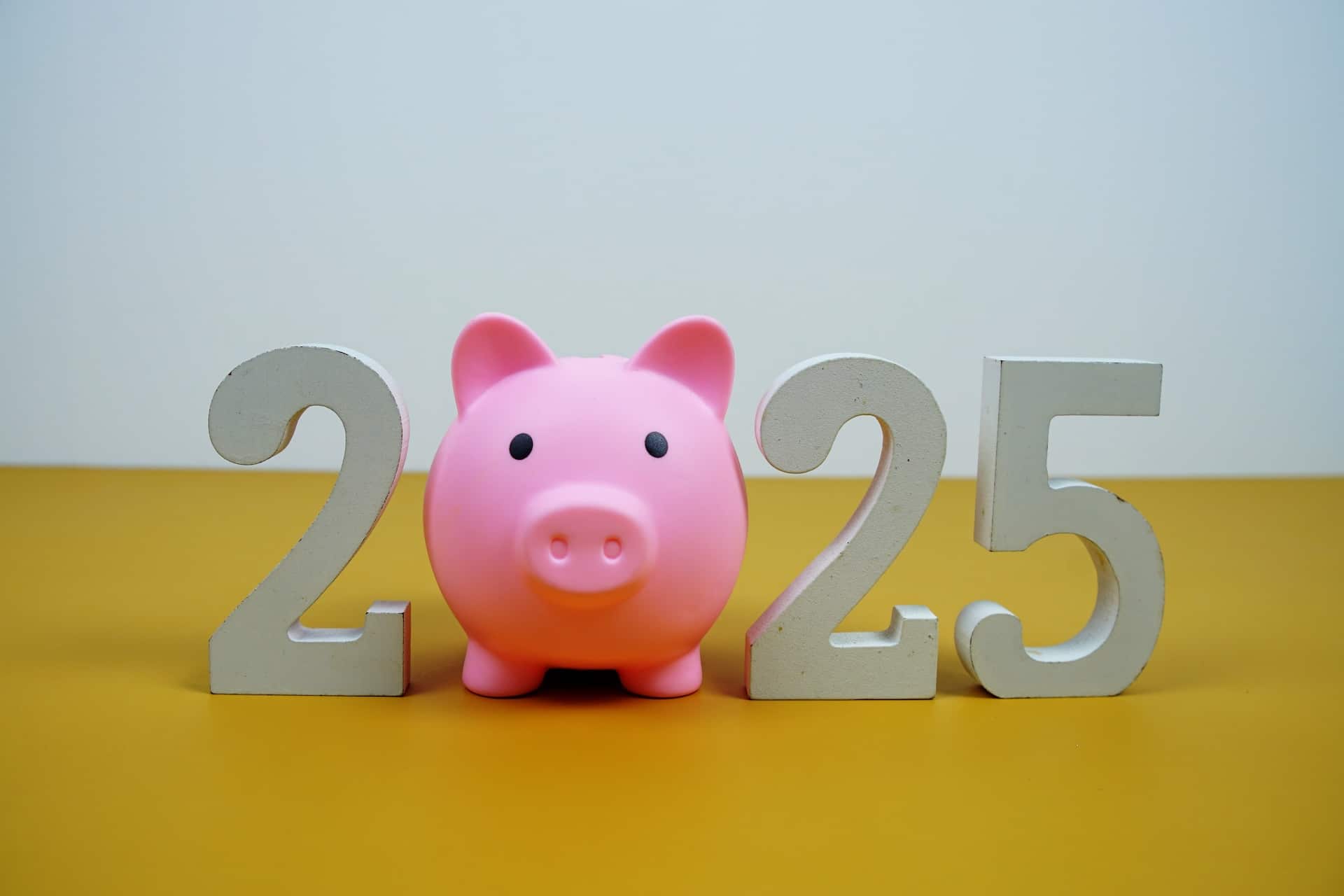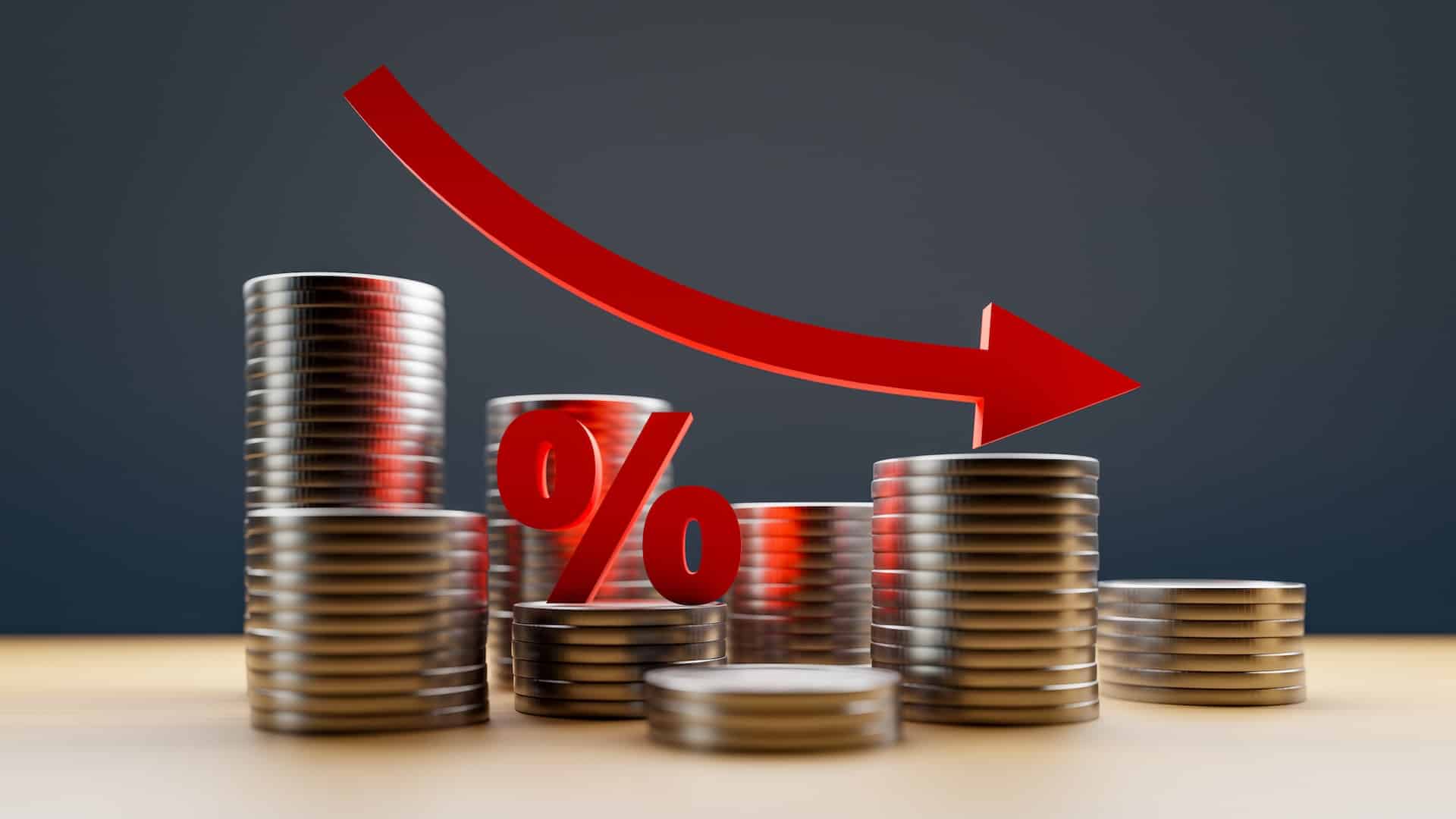Summary
- The market demand for homes and cars appears strong despite economic shocks from the pandemic.
- In several cases, interest rates have reached historical lows.
- Only you know the full picture of your own needs, desires and means, so it’s best to do your research and make the decision based on what’s best for you and your family.
As a caveat, please don’t construe this as financial advice. Only you know the full picture of your own needs, desires and means. That being said, here is what we’re seeing going on when it comes to home and car buying in today’s environment.
Many consumers definitely think now is a good time to buy big-ticket purchases.
The market demand for homes and cars is strong despite economic shocks from the pandemic. The real estate website Redfin is seeing traffic increases of about 40 percent, and the National Association of Realtors announced that pending home sales were up 15 percent between June and July. In addition, prices for used cars are also up significantly in recent months, signally strong demand.
But why is this?
First, the pandemic has changed behaviors in important ways. Families are seeking to upgrade or relocate due to work- and learn-from-home situations. Demand for “Zoom rooms” is a real thing! In addition, people are taking public transportation and flying less, driving up the need for cars.
Second, and maybe most importantly, we are seeing historically interest rates that help consumers save on the financing of these big ticket purchases. According to a survey from The Mortgage Reports, the 30-year fixed rate mortgage will average around 3.18% through 2020. As an example, a homeowner who refinances her 30-year $300,000 mortgage and lowers her interest rate from 4% to 3.18% could save over $130/month or nearly $1,600 for the year. That’s a big difference in savings for a less-than-one-percent interest decrease!
The Federal Reserve cut interest rates to nearly zero in March as part of an emergency move to stimulate the economy during the coronavirus pandemic. By making borrowing cheaper for Americans, the Fed created an environment to stimulate investment and spending by consumers and businesses.
However, these interest rates aren’t guaranteed just because you apply for a mortgage or car loan. Your credit score and income verification are key pieces to this puzzle. In most cases, you’ll need at least a 620 credit score to be approved to buy a home, but that doesn’t guarantee a low interest rates. The higher your credit score, the lower your interest rates will likely be.
So if you’re looking to make—or refinance—a big ticket purchase, now may be the time to do it given the lower cost of financing.
For more answers to questions like these, check out Jay’s recent Quora Q&A session.




















